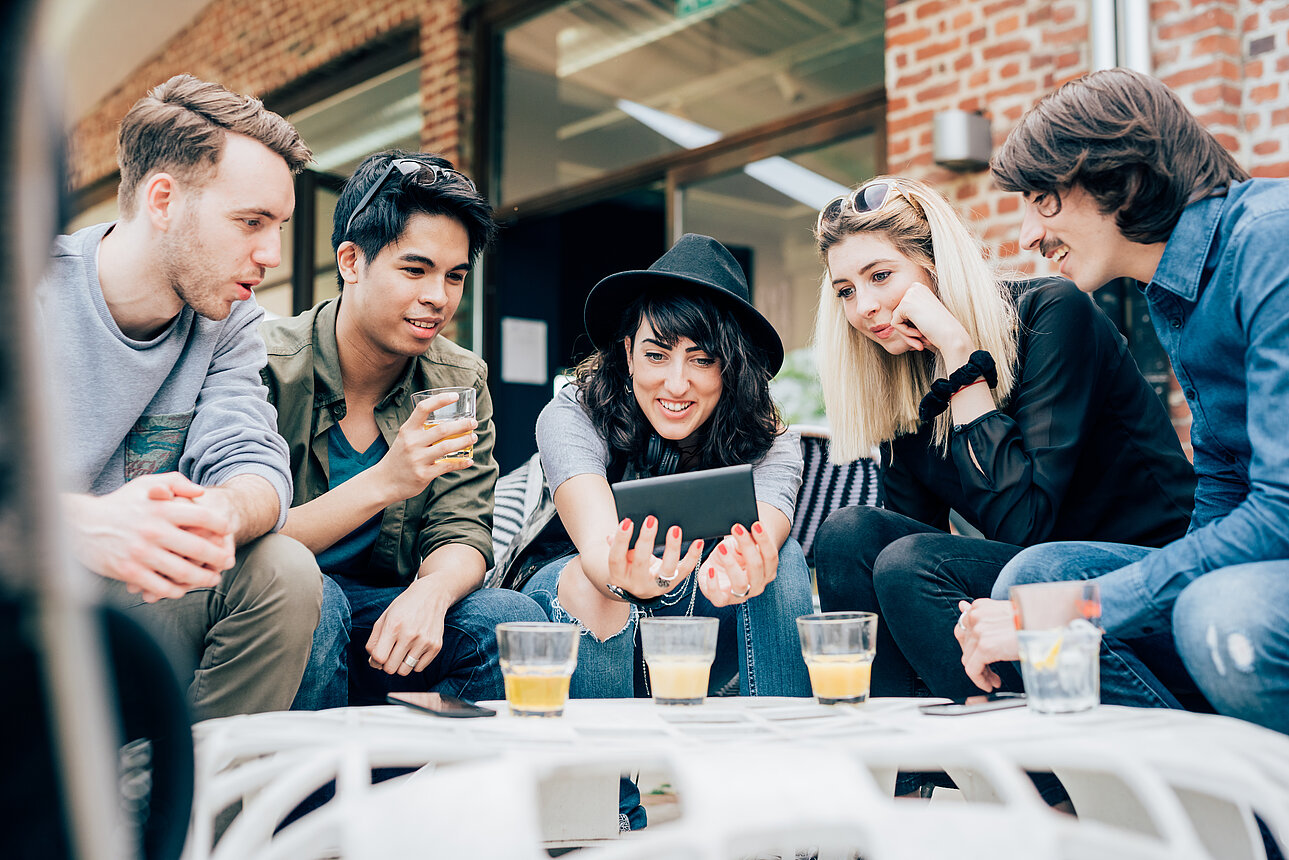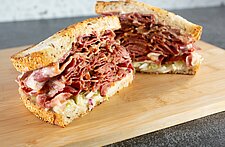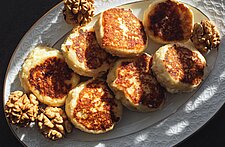Every generation finds ways to cope with its era’s unique challenges. The silent generation was known to sip a scotch or martini after work, while baby boomers went wild with marijuana and psychedelics. Gen Xers turned to prescriptions to get by amid the war on drugs, while many millennials succumbed to the glut of painkillers.
With the ever-expanding legalization of drugs like marijuana and psilocybin for medical or recreational purposes, Gen Z has had a kinder, gentler entry into the wide world of self-medication. Perhaps this is why some young adults are choosing to say no to alcohol.
Members of the millennial and Gen Z crowds have garnered headlines of late for their sober-curious attitudes. While prior generations have notably struggled with sobriety, many under-40 adults are adopting an alcohol-free existence and deciding that being sober (at least where alcohol is involved) is cool.
What spurred this movement, and what does it mean for the beverage industry?
The Popularity of Dry January
You might not realize that the first Dry January, an event centered on avoiding alcohol for the first month of the year (after the glut of the holidays), began in 2013.
In January 2022, it was estimated that 35% of adults in the U.S. opted to observe this growing tradition (up from 21% the prior year), signaling a trend of consumers evaluating their relationships with alcohol. That’s a pretty big jump, and members of Gen Z and the millennial generation seem to be leading the charge.
Don't forget to Subscribe to our weekly newsletter here!
An Epic Epidemic
One possible explanation for the recent increase in people looking to explore a sober lifestyle centers on the COVID-19 pandemic lockdowns.
During the early months of 2020, when widespread lockdowns closed hospitality businesses and left people sheltering in place, alcohol sales increased. In March 2020, online alcohol sales in the U.S. rose by a whopping 234%.
This boost was no doubt partially related to bar closures, but later acknowledgment of the mental health crisis spurred by the pandemic offers another explanation.
The increase in alcohol sales in the early months of the pandemic was likely at least partially related to the boredom, stress, uncertainty, anxiety, depression, isolation, and loneliness many people felt during the lockdowns.
Since vaccines have become available and the world has largely reopened, some changes have remained. Foremost is a new focus on mental health concerns, including growing awareness, increased acceptance, and less stigma. There has also been a shift toward interest in alcohol-free beverages, such as mocktails and cannabis-infused cocktails.
Related: Top food, beverage and flavor preferences of Gen-Z
Access to Legal Alternatives
Every generation grows up, has children, and eventually falls into the old trope of asserting that kids today don’t know how good they have it.
While millennials struggle with epic student loan debt and Gen Z looks to tackle issues like climate change, both generations have access to a range of legal drugs not available to previous generations in their youth.
To date, 21 states (and Washington, D.C.) have fully legalized marijuana for both medical and recreational use. An additional 16 allow for medical marijuana use, and two others have decriminalized the drug.
Only 11 states have failed to legalize or decriminalize marijuana in some form, and a handful of those have some allowances for CBD products containing THC.
In addition, psilocybin has been gaining attention of late for its potential to treat mental health disorders like anxiety, depression, and PTSD, thanks to renewed research on this psychedelic drug.
While Oregon and Colorado have legalized psilocybin and other states have moved to decriminalize magic mushrooms, the legality of microdosing is in relative infancy.
These changes are all good news for beverage manufacturers. As the demand for alternatives to alcohol grows, so too does the market for nonalcoholic mocktails and drinks infused with CBD, THC, and other substances.
Whether sober-curious millennials and Gen Zers are looking to go totally sober or experiment with alcohol alternatives, manufacturers and restaurant and bar owners should be ready to shift strategies in order to continue meeting consumer demand.
To best appeal to Gen Z, companies would benefit from staying fresh and dynamic with all food, beverages, and flavors. To learn more about our Gen Z initiative, contact us HERE.





